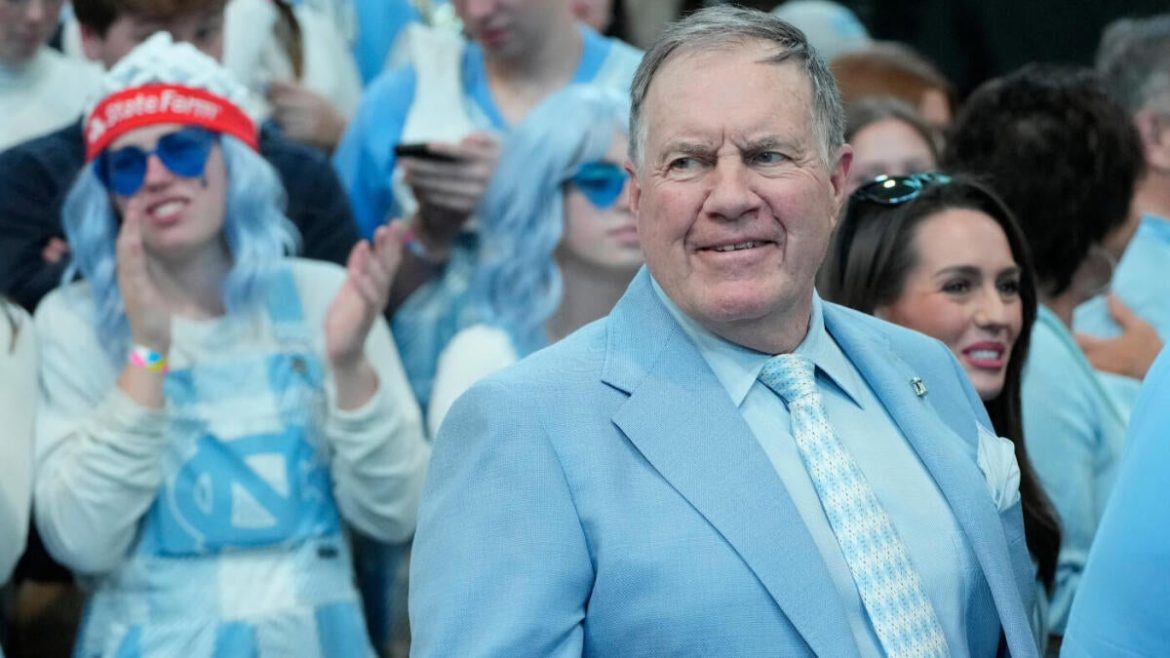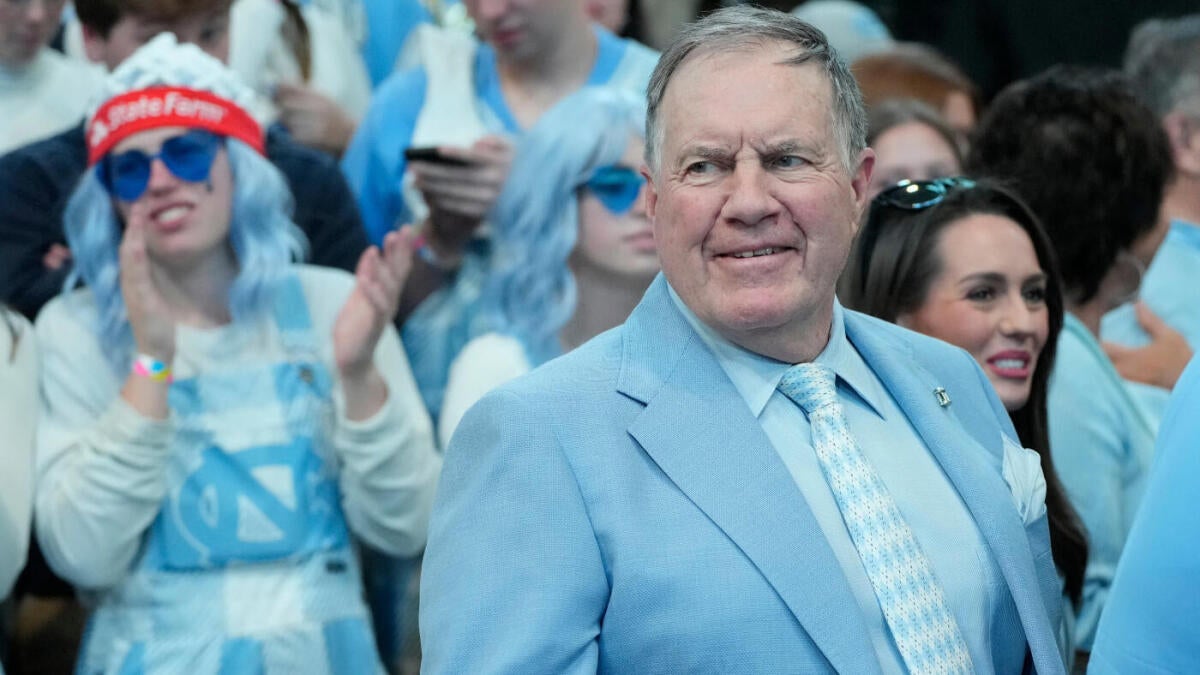The arrival of Bill Belichick as head coach for the University of North Carolina (UNC) football program has had a transformative impact, particularly in the realm of ticket sales and overall fan engagement. This phenomenon, often referred to as the “Bill Belichick Effect,” reflects more than just enthusiasm for a legendary coach—it signals a paradigm shift in UNC football’s marketability, financial strategy, and fan culture.
A Remarkable Surge in Season Ticket Sales
One of the most palpable outcomes since Bill Belichick joined UNC is the complete sellout of the team’s 20,000 season ticket allotment for the 2025 season, a milestone not achieved the previous year. Beyond merely meeting demand, this sellout occurred despite a 25% increase in ticket prices compared to the 2024 season. The absence of notable fan pushback on the price hike reveals heightened perceived value, driven by the credibility, reputation, and media pull of Belichick’s name in college football.
This spike stands out because UNC did not accomplish a similar sellout before Belichick’s arrival. The fact that the athletic department could raise prices so significantly and still see total ticket sales sold out signals a strong renewal of interest and an expanded willingness among fans to financially back the program. Additionally, an increase in prime-time games is likely contributing to the appeal and willingness of fans to pay a premium for seats.
The Business Impact and Revenue Growth
Athletic Director Bubba Cunningham acknowledges Belichick’s role as a catalyst for this commercial upswing. The revenue boost from sold-out tickets and raised prices adds invaluable financial resources to UNC’s football program, enabling investments into coaching, facilities, and recruiting. UNC’s decision to allocate nearly 25% more funding to football exemplifies the bet the university placed on Belichick’s draw.
Furthermore, the ticket sellout not only indicates immediate ticket revenue gains but also suggests potential long-term commercial benefits: increased merchandise sales, enhanced media deals, better recruiting pitches, and elevated national profile. Belichick’s arrival has effectively elevated UNC football’s brand equity to a level where fan engagement has been reenergized with new excitement.
Contractual and Staffing Implications
Belichick’s contract, reportedly a five-year, $50 million deal, positions him as one of the highest-paid coaches in college football, nearly doubling his predecessor’s salary. The terms, including a significant buyout clause, underline UNC’s commitment and the seriousness of the investment. This lucrative, short-term deal reflects confidence in Belichick’s ability to make an immediate impact while preserving flexibility should NFL opportunities arise for the coach.
Moreover, the school has invested $1.5 million annually to coach John Lombardi, among other expenditures signaling a willingness to allocate considerable resources to enhance the coaching staff’s caliber, which may contribute to sustained on-field success and attractiveness to players.
Fan Excitement and Cultural Transformation
The reaction among fans has been overwhelmingly positive, going beyond typical collegiate enthusiasm. The “Bill Belichick Effect” has rekindled UNC’s football fanbase, inspiring increased attendance, media attention, and local economic activity surrounding games. This cultural revitalization demonstrates how a high-profile coaching hire can directly influence fan behavior, ticketing trends, and university pride.
Fans openly discuss the program’s newfound competitive potential and the prestige brought by an NFL coaching legend entering the college ranks. UNC football’s identity is being reshaped, and the surge in ticket sales is an early indicator that this shift is gaining traction.
Challenges and Future Outlook
Despite this early success, challenges remain. The significant ticket price increase, while accepted for now, may face scrutiny if on-field performance declines or if economic conditions falter. Sustaining this momentum requires not only Belichick’s coaching acumen but also continued administrative support, strategic marketing, and strong team results.
Moreover, the contractual terms suggest the possibility of Belichick returning to the NFL, which could disrupt long-term planning. UNC needs to prepare contingencies for leadership transitions to maintain fan trust and ticket sales.
Conclusion: A New Era for UNC Football
The infusion of Bill Belichick into North Carolina’s football program has already reshaped the university’s football business dynamics. The unprecedented sellout of 20,000 season tickets amid a 25% price increase, and the enthusiasm radiating from fans and media alike, illustrate the profound influence one coach’s arrival can have on a program’s fortunes. UNC has not only gained a coaching legend but has redefined its football brand into a more vibrant, commercially viable enterprise.
Moving forward, UNC’s ability to capitalize on this momentum—balancing performance, fan engagement, and financial sustainability—will determine whether this “Bill Belichick Effect” evolves from an initial surge to a lasting renaissance for Tar Heels football.





